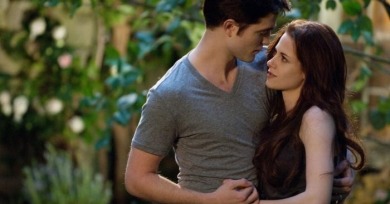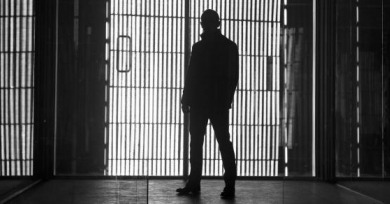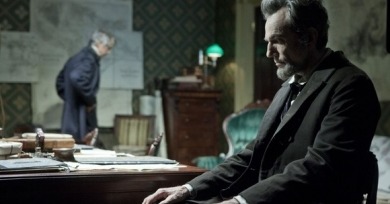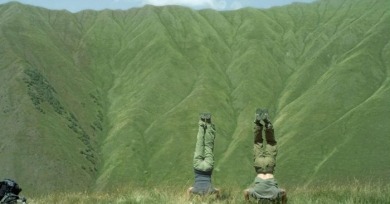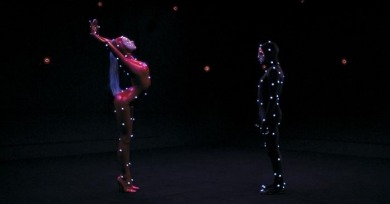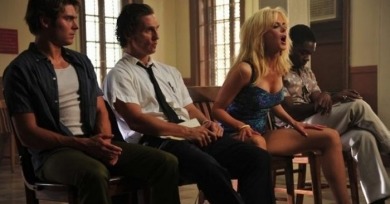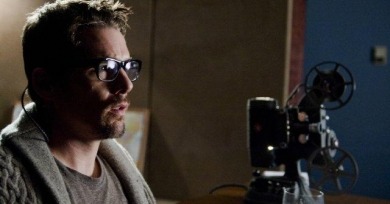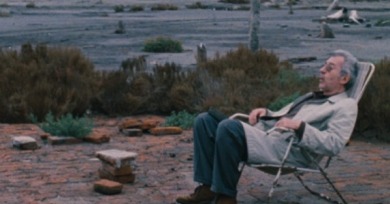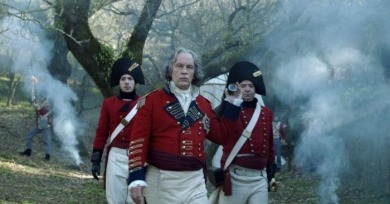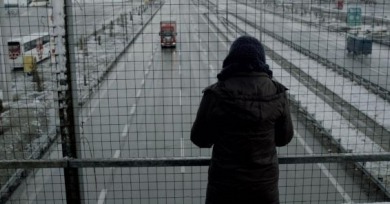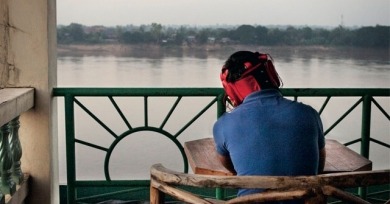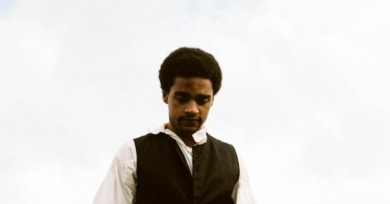Reviews
The Twilight franchise has a reputation for lacking subtlety. The choice between a shirtless werewolf boy-man (Team Jacob) and a sparkling vampire (Team Edward) has thus far been the series’ major cultural contribution.
Hong equates language and cultural barriers with other sources of alienation—for instance, a character’s dim awareness of her status as a character—but In Another Country isn’t as weighty as that sounds.
The delight of Sam Mendes’s movie (what an odd way to begin a sentence!) is its indulgence in a kind of shameless showmanship that’s quite distinct from the all-out sensory assault practiced by so many contemporary action movies.
The gambit of Spielberg’s Lincoln is to humanize this almost mythic figure. Its triumph, thanks largely to an erudite and ambitious screenplay that places utter faith in the intelligence of its audience, authored by the playwright Tony Kushner, is to do so without trying to deconstruct his greatness.
In Jack and Diane, writer-director Bradley Rust Gray attempts an intriguing hybrid. A claustrophobic opening shot deposits us in a bathroom, where we obscurely view red drops falling on a toilet bowl seat and into the water.
Exposition is nearly nonexistent; no subtitles are provided for the non-English dialogue—putting us in the place of the protagonists, travelers of differing national origins in a foreign country—and we only learn the names of people and other particulars as the story moves along.
It begins at the beginning, with the first images that—thanks to the strange alchemy of human perception and scientific inquiry that made cinema possible—reproduced actual movement through a series of still pictures.
It’s less juicily problematic than sweatily provocative, a piling-on of situation and detail from which we can ultimately feel safely feel removed, secure in our lack of complicity, and comfy in our moral superiority.
The most Kuleshovian horror movie in recent memory, Sinister consists often of shots of Hawke, alone in a room, simply watching and responding.
Santos and Erika make an odd pair. He’s a dying hitman who’s just left his hospital bed for a whirlwind tour of old haunts and new prospects. She’s his much younger traveling partner, having leapt into his passenger seat after a gas station spat with her boyfriend.
Anyone baffled and disappointed by Lines of Wellington—a bloated, hastily composed Napoleonic epic prepared by Ruiz and completed by his widow and longtime collaborator and editor Valeria Sarmiento—needs to take a more sober glance at Ruiz’s oeuvre as a whole.
Throughout, the filmmaker works in a style not dissimilar from—though less droll than—that of Nuri Bilge Ceylan, the best-known Turkish director in the U.S., whose Once Upon a Time in Anatolia graced the New York Film Festival main-slate lineup last year.
Set along the Mekong River, which marks the border between Thailand and Laos, the latest film from Apichatpong “Joe” Weerasethakul is a vaporous film that’s a borderline in and of itself.
As in her previous film, Fish Tank, Arnold is far more attentive to the nervy tempos of teenage life, caught in fleeting glimpses, than the lifeless and disappointing adults against whom her characters rebel.
